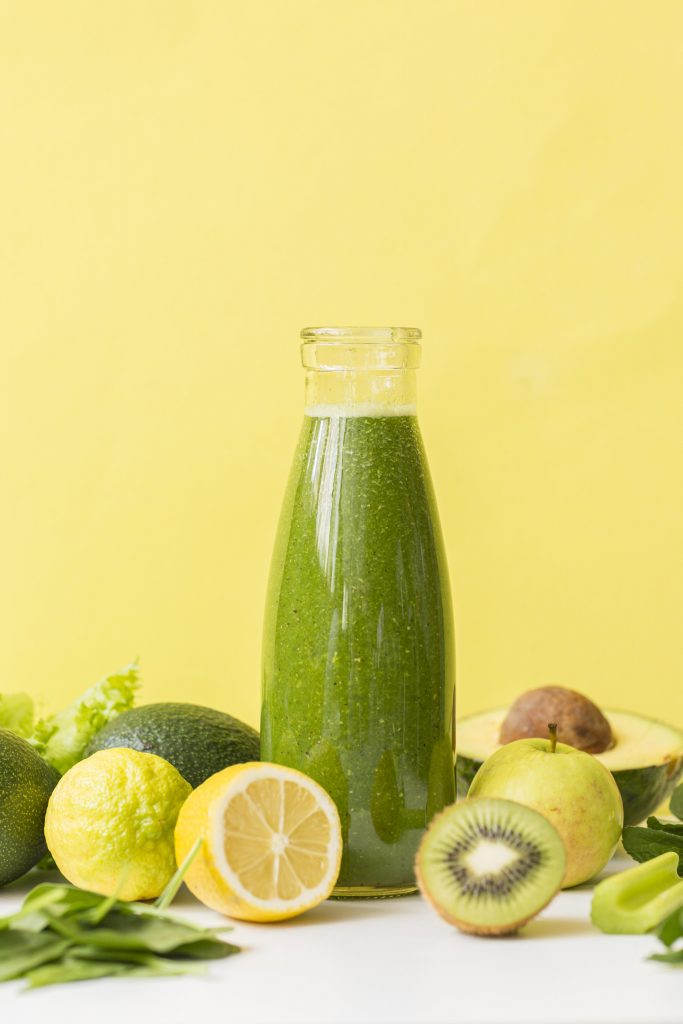
Highlights
- Detox diets are popular but lack clinical evidence: Despite the flourishing detox industry, there is a scarcity of clinical evidence that substantiates the effectiveness of these diets.
- Limited evidence of detox diet effectiveness: Many of the clinical studies indicating the effectiveness of detox diets often suffer from methodological flaws and typically involve small sample sizes.
- Detoxification properties of specific foods: Preliminary evidence does exist, indicating that specific foods such as coriander, nori, and olestra may possess detoxification properties. However, it is important to note that the majority of these studies have been conducted on animals.
- Lack of randomized controlled trials: A gap in research is evident as there is a lack of randomized controlled trials conducted to evaluate the effectiveness of commercial detox diets specifically in human subjects.
- Importance of informed consumer knowledge: This area of research requires significant attention to ensure that consumers receive comprehensive information regarding the potential advantages and risks associated with detox programs.
Food safety knowledge is for all!
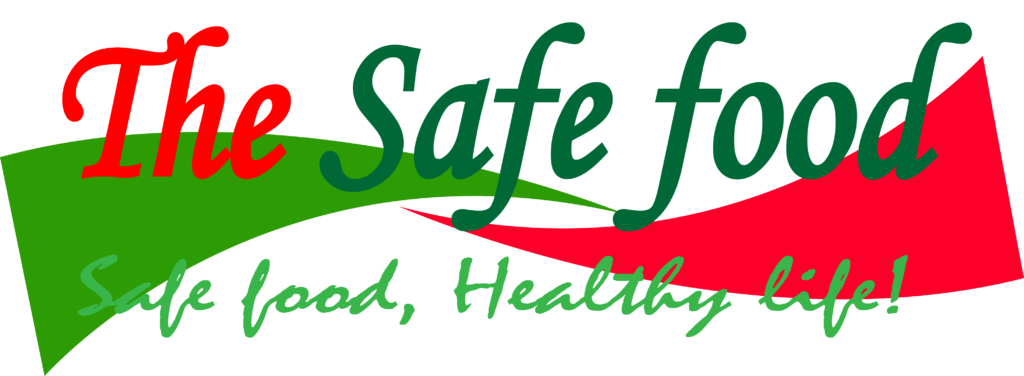
Every consumer deserves to have high quality and safe food. …Read more!

The Detox Food Trend: Understanding the Hype
In the realm of nutrition and wellness, trends come and go like waves on a beach. One such trend that has captured the attention of health enthusiasts and celebrities alike is the detox food craze. The detox food trend has taken the health and wellness scene by storm, igniting a frenzy of excitement and curiosity.
It seems that everywhere you turn, there are promises of cleansed bodies, increased energy, and even weight loss, all thanks to the magical powers of detox foods. But what exactly is behind this hype? Are detox foods truly a revolutionary solution for achieving optimal health, or is it just another passing fad?
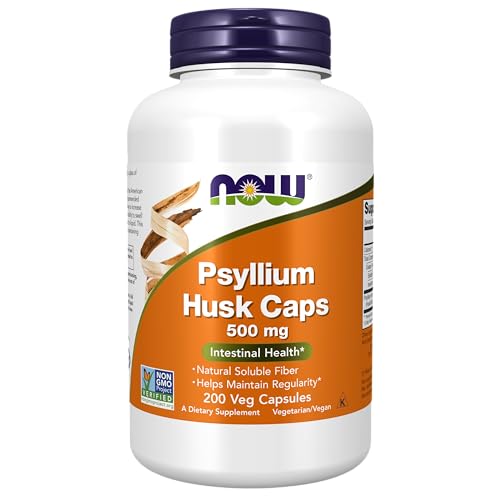
Buy NOW Supplements, Psyllium Husk Caps 500 mg, Non-GMO Project Verified, Natural Soluble Fiber, Intestinal Health*, 200 Veg Capsules from Amazon:
Click here to go to Amazon, https://amzn.to/3vt870B
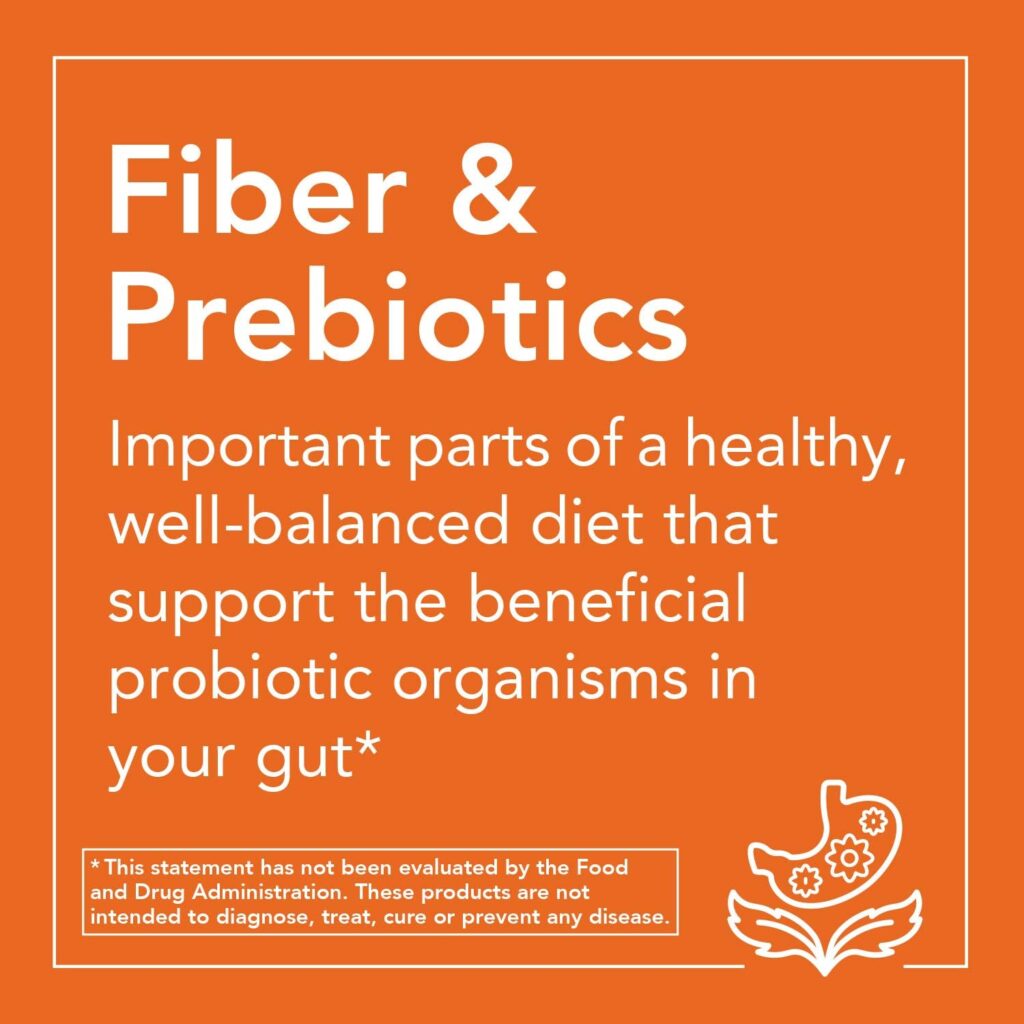
People are captivated by the promise of a quick fix, a natural way to rid their bodies of toxins and rejuvenate their overall well-being. The allure lies in the belief that by consuming specific foods, one can achieve a state of purity and vitality, free from the burdens of modern-day living.
This buzz has been further amplified by celebrity endorsements, social media influencers, and an avalanche of detox programs flooding the market. The idea of a fresh start, a clean slate for our bodies, is undeniably enticing.
But amidst the hype, it is crucial to separate the truth from the exaggerated claims and delve deeper into the science behind detox foods. Are they truly the answer to our health woes, or are we falling victim to yet another wellness fad? Let’s peel back the layers and uncover the reality behind the detox food craze.
In this exploration of the detox food trend, we will delve deep into the world of these so-called “superfoods” to uncover the truth, separating fact from fiction. Get ready to unravel the secrets behind the detox food hype and discover whether it’s worth incorporating into your own dietary journey.
What are detox foods?
Detox foods are typically nutrient-rich, whole foods that are believed to support the body’s natural detoxification processes, thus, promoting health and well-being.
Klein and Kiat (2014)
These foods are often touted for their ability to eliminate toxins, boost metabolism, and promote overall wellness. Detox foods are commonly plant-based and include fruits, vegetables, herbs, spices, and certain grains or legumes.
Many detox foods are known for their high content of antioxidants, vitamins, minerals, and fiber, which are thought to aid in the removal of harmful substances from the body. They are often chosen for their specific properties that support liver function, enhance digestion, reduce inflammation, and promote hydration.
Examples of commonly recognized detox foods include leafy greens (such as kale, spinach, and broccoli), citrus fruits (such as lemons and grapefruits), berries, turmeric, ginger, garlic, green tea, and various herbs like cilantro and parsley.
While there is a wide range of foods associated with detoxification, it’s important to note that the concept of detoxification itself is still a subject of scientific debate. The extent to which specific foods can actively remove toxins from the body remains unclear and warrants further research.
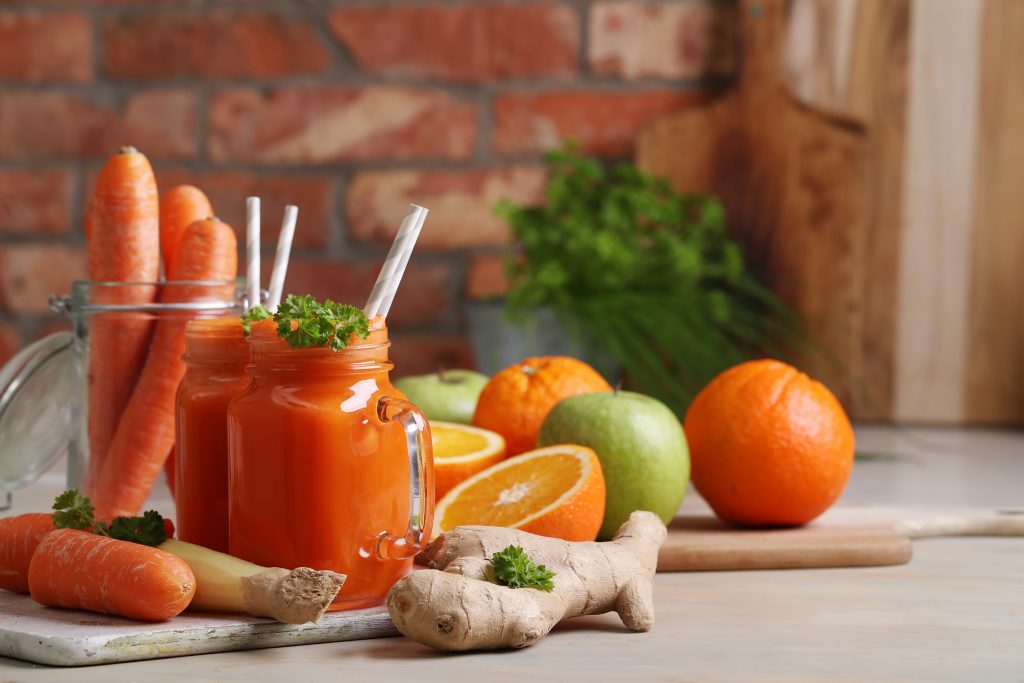

Buy NOW Supplements, Psyllium Husk Caps 500 mg, Non-GMO Project Verified, Natural Soluble Fiber, Intestinal Health*, 200 Veg Capsules from Amazon:
Click here to go to Amazon, https://amzn.to/3vt870B

Debunking Detox Food Claims: Separating Fact from Fiction
In a world filled with nutrition trends and wellness fads, it can be challenging to discern the truth from mere marketing hype. Detox foods have gained substantial attention and popularity, promising to cleanse our bodies, boost our energy levels, and revitalize our overall well-being. But as with any trend, it is essential to approach the claims surrounding detox foods with a critical and evidence-based mindset. Separating fact from fiction becomes crucial when navigating the vast sea of information and conflicting opinions. In this exploration of detox foods, it’s important to recognize a few facts about detox foods:
- There is some preliminary evidence of detoxification properties of certain foods: Preliminary evidence does exist, indicating that specific foods such as coriander, nori, and olestra may possess detoxification properties. However, it is important to note that the majority of these studies have been conducted on animals. More research is therefore needed to establish the truth of their detoxification properties and mechanisms.
- There is insufficient safety evidence: The safety and long-term effects of certain detox foods and restrictive detox diets have not been extensively studied in specific populations, such as pregnant women, individuals with certain medical conditions, or those taking certain medications. It’s important to exercise caution and consult with healthcare professionals before adopting any detox program.
- There is potential for nutritional imbalance: Some detox diets may be highly restrictive, eliminating essential food groups and potentially leading to nutritional imbalances. Restrictive detox diets can be deficient in certain nutrients, such as protein, healthy fats, and carbohydrates, which are essential for overall health and energy. Thus, in the quest to detox, people may become malnourished with potential for other health issues cropping up.
- Regulation is insufficient or nonexistent: There is a lack of regulation in this industry which is a major concern. This means that there potential for presentation of detox diets that do not work or are detrimental to health. Consumers must therefore research for themselves to establish the safety and quality of the diets presented.
- More intensive research is still needed: While there have been some studies conducted on the potential benefits and effects of certain detox foods, the current body of research is limited and often characterized by small sample sizes, flawed methodologies, or animal studies. Therefore, further rigorous research is needed to better understand the mechanisms, efficacy, and safety of detox foods in humans. Randomized controlled trials (RCTs) involving larger sample sizes, longer durations, and diverse populations are necessary to provide more conclusive evidence regarding the effectiveness and potential risks of detox diets. Additionally, long-term studies are needed to assess the sustainability and overall impact of detox foods on health outcomes.
Separating fact from fiction when it comes to detox foods requires a critical and evidence-based approach as mentioned earlier. Here are some steps you can take to distinguish between reliable information and misleading claims:
- Look for Scientific Evidence: Seek out well-conducted scientific studies published in reputable peer-reviewed journals. Pay attention to studies conducted on humans rather than animal studies, as the human body may respond differently to certain substances.
- Evaluate the Study Design: Consider the quality of the studies you come across. Look for randomized controlled trials (RCTs) or systematic reviews/meta-analyses, which are considered to be more reliable than observational studies or anecdotal evidence.
- Consider Sample Size: Take note of the sample size in studies. Larger sample sizes tend to provide more robust and reliable results. Studies with small sample sizes may not accurately represent the general population.
- Assess Consistency of Findings: Examine if multiple studies have reported similar findings. Consistency across different studies increases the confidence in the validity of the results.
- Be Cautious of Overblown Claims: Be skeptical of extravagant claims that sound too good to be true. Be wary of detox programs or products that promise immediate and miraculous results without substantial scientific evidence to support their claims.
- Consult Experts: Seek guidance from registered dietitians, healthcare professionals, or nutritionists who have expertise in the field. They can provide evidence-based insights and help you navigate through the vast amount of information available.
- Use Critical Thinking: Apply critical thinking skills to assess the validity of claims. Consider the source of the information, any potential conflicts of interest, and whether the claims align with the broader body of scientific knowledge.

Buy NOW Supplements, Psyllium Husk Caps 500 mg, Non-GMO Project Verified, Natural Soluble Fiber, Intestinal Health*, 200 Veg Capsules from Amazon:
Click here to go to Amazon, https://amzn.to/3vt870B

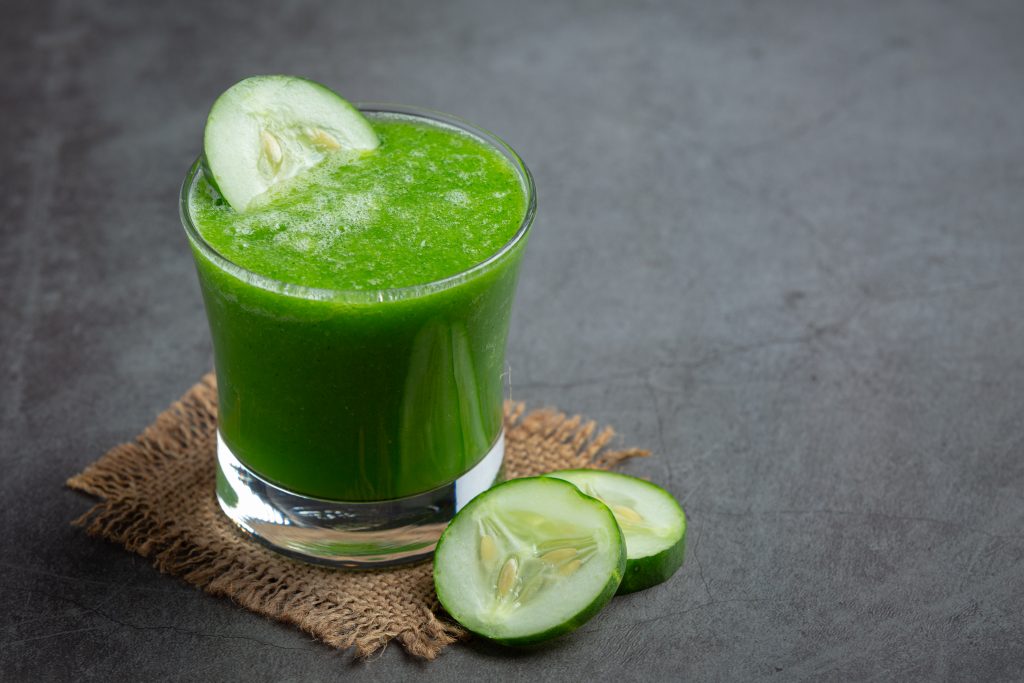
Detoxifying Organs: How the Body Naturally Cleanses Itself
The human body possesses remarkable self-cleansing mechanisms designed to eliminate waste and toxins, ensuring its optimal functioning. While the concept of detoxification has gained popularity in recent years, it’s important to recognize that our bodies have their own innate detoxifying organs that work tirelessly to maintain balance and well-being.
The human body has several organs that play vital roles in the natural detoxification process. Here are some key organs responsible for cleansing our bodies:
- Liver: The liver is the primary organ involved in detoxification. It filters toxins, drugs, and metabolic waste products from the bloodstream and converts them into less harmful substances that can be eliminated from the body.
- Kidneys: The kidneys act as filters, removing waste products, excess fluids, and toxins from the blood through urine production. They help regulate water balance, electrolyte levels, and pH balance in the body.
- Lungs: The lungs are involved in the elimination of volatile compounds and gaseous waste products, such as carbon dioxide, through respiration. They help remove toxins that are inhaled or produced as byproducts of cellular metabolism.
- Digestive system: The intestines, particularly the large intestine, play a crucial role in eliminating waste and toxins through the process of digestion and bowel movements. They can detoxify by eliminating toxic foods, by either vomiting or diarrhea. The intestines also host a complex ecosystem of beneficial bacteria that aid in detoxification and nutrient absorption.
- Skin: The skin acts as a protective barrier and plays a role in eliminating toxins through sweat. Sweating helps regulate body temperature and assists in the removal of certain waste products and small amounts of toxins.
- Lymphatic System: The lymphatic system is a network of vessels, tissues, and organs that helps remove toxins, cellular waste, and pathogens from the body. It works in coordination with the immune system to filter and eliminate waste products.
Key Nutrients for Natural Detoxification
Proper nutrition plays a vital role in supporting the body’s natural detoxification processes. While our organs, such as the liver and kidneys, perform the bulk of detoxification, certain nutrients are essential for their optimal functioning. Here are a few nutrients that support natural detoxification:
- Antioxidants: Antioxidants help neutralize harmful free radicals and protect cells from oxidative stress. Foods rich in antioxidants include berries, citrus fruits, leafy greens, cruciferous vegetables (such as broccoli and Brussels sprouts), and spices like turmeric.
- Fiber: Dietary fiber aids in digestion and promotes regular bowel movements, facilitating the elimination of waste and toxins from the body. Insoluble fiber increases the gastric motility and therefore speed up the elimination of bound toxins. High-fiber foods include whole grains, legumes, fruits, and vegetables.

Buy NOW Supplements, Psyllium Husk Caps 500 mg, Non-GMO Project Verified, Natural Soluble Fiber, Intestinal Health*, 200 Veg Capsules from Amazon:
Click here to go to Amazon, https://amzn.to/3vt870B

- B Vitamins: B vitamins, such as B6, B12, and folate, play essential roles in cellular metabolism and detoxification processes in the liver. Good sources of B vitamins include whole grains, legumes, leafy greens, and animal products like fish, poultry, and eggs.
- Sulfur-containing Foods: Sulfur is involved in the synthesis of glutathione, a powerful antioxidant and detoxifier in the body. Foods rich in sulfur include garlic, onions, cruciferous vegetables (like cabbage and cauliflower), and eggs.
- Omega-3 Fatty Acids: Omega-3 fatty acids have anti-inflammatory properties and support overall cellular health. They can be found in fatty fish (such as salmon and sardines), walnuts, flaxseeds, and chia seeds.
Common Detox Food Myths and Misconceptions
It’s important to separate fact from fiction to make informed decisions about our dietary choices. Here are some common detox food myths and misconceptions:
- Myth: Detox diets eliminate toxins from the body: There is limited scientific evidence to support the claim that specific detox diets or foods can eliminate toxins from the body. The liver, kidneys, lungs, and other organs naturally perform detoxification processes, and no specific diet or food can enhance this process significantly.
- Myth: Detox diets lead to sustainable weight loss: While some detox diets may result in short-term weight loss, the weight loss is often due to water loss and calorie restriction rather than fat loss. Long-term sustainable weight loss requires a balanced, nutritious diet, regular physical activity, and healthy lifestyle habits.
- Myth: Detox diets improve skin health: While certain nutrient-rich foods can support overall skin health, the claim that detox diets specifically improve skin health is not well-founded. Skin health is influenced by various factors, including genetics, overall diet quality, hydration, and skincare routines.
- Myth: Detox diets are necessary for regular detoxification: Our bodies naturally detoxify themselves through organs such as the liver and kidneys. Adopting a balanced and nutritious diet that includes a variety of whole foods, along with leading a healthy lifestyle, is generally sufficient to support the body’s natural detoxification processes.
- Myth: Detox diets are safe for everyone: Detox diets can be overly restrictive and may lack essential nutrients. They may not be suitable for certain populations, such as pregnant women, individuals with certain medical conditions, or those taking specific medications. It’s crucial to consult with a healthcare professional before embarking on any restrictive detox diet.
- Myth: Detox diets can cure diseases or ailments: Detox diets are not a substitute for medical treatment or a cure for diseases. While a healthy diet can contribute to overall well-being, specific medical conditions require proper medical care and treatment.
- Myth: Detox diets require expensive supplements or products: Detox diets do not require expensive supplements or specialized products. A well-balanced diet that includes a variety of fruits, vegetables, whole grains, lean proteins, and healthy fats is generally sufficient to support overall health and well-being.

Buy NOW Supplements, Psyllium Husk Caps 500 mg, Non-GMO Project Verified, Natural Soluble Fiber, Intestinal Health*, 200 Veg Capsules from Amazon:
Click here to go to Amazon, https://amzn.to/3vt870B

Our Blog ↗
Read the latest from our blog
Ask a Question ↗
Ask a question and get answers from our community
Give Feedback ↗
We value your feedback.

